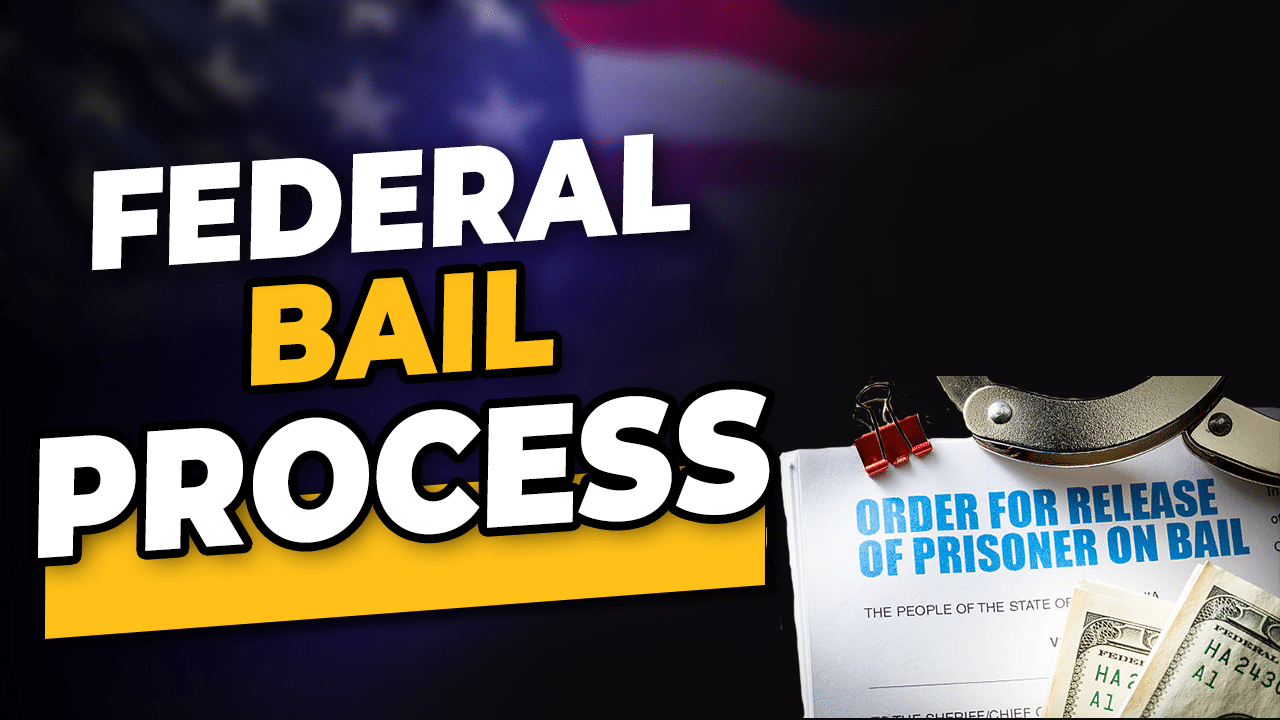Montgomery County Bail Bonds - Quick and Affordable Services
Montgomery County Bail Bonds - Quick and Affordable Services
Blog Article
Debunking Bail Bonds: Your Total Resource for Legal Aid
Navigating the world of Bail bonds can commonly seem like a complicated and difficult task for people unknown with the lawful system. From recognizing the details of the Bail bonds process to the various kinds of bonds readily available, there is a myriad of details that can be overwhelming to absorb.
Understanding Bail Bonds Process
To comprehend the complexities of the Bail bonds process, one should initially grasp the basic steps associated with safeguarding a bail bond. When an individual is detained, they might be provided the chance to upload Bail in order to safeguard their launch from custodianship pending test. Bail acts as an economic guarantee that the accused will show up in court as needed. However, the quantity of Bail established by the court may be beyond the economic means of the defendant or their family. This is where a bail bond comes into play.
A bail bond is a guaranty bond given by a bail bond representative on behalf of the offender. The bail bond representative bills a non-refundable charge, typically a portion of the total Bail amount, to upload the bond and protect the release of the offender.
Kinds Of Bail Bonds Available
Having understood the basic actions involved in protecting a bail bond, it is essential to take into consideration the numerous kinds of Bail bonds available to offenders in the legal system. One more choice is a guaranty bond, which involves a bail representative or Bail bondsman publishing the complete Bail quantity in exchange for a charge, usually around 10% of the overall Bail. Federal Bail bonds are certain to situations including federal costs and run under various regulations than state Bail bonds.
Factors Affecting Bail Quantity
Different variables play a substantial function in identifying the Bail amount established for an offender in the legal system. Much more severe offenses normally result in greater Bail amounts to make sure the offender's look in court.
Another element that can affect the Bail quantity is the accused's ties to the community. Solid area ties, such as stable employment, family relationships, and a background of home in the area, might lead to a lower Bail quantity. Alternatively, individuals with minimal ties to the area may encounter a higher Bail amount to stop them from leaving the territory.
In addition, the judge considers the offender's monetary resources when identifying Bail. The capacity to pay the Bail amount set can significantly influence the decision. Generally, a combination of these aspects is carefully assessed to identify a appropriate and reasonable Bail amount for each and every specific instance.
Responsibilities of the Offender
Upon being released on Bail, the defendant presumes certain obligations that are crucial to their lawful process. One main duty is to participate in all scheduled court hearings. Failing to show up can lead to the abrogation my response of Bail and additional legal consequences. It is crucial for the accused to remain notified regarding their court days and to make required setups to be existing.
In addition, the accused must adhere to any type of conditions established by the court or the Bail bond agency. These problems may consist of constraints on travel, demands for medicine screening, or restrictions on getting in touch with certain individuals. Abiding by these conditions is vital to maintaining excellent standing with the court and guaranteeing a smooth lawful process.
In addition, the defendant is accountable for notifying their lawyer and the court of any modifications in get in touch with info or circumstances that might affect the instance. Open up communication is key to successfully navigating the legal system and supporting the regards to the Bail agreement. By satisfying these obligations, the accused can show their commitment to settling the lawful matter at hand.
Lawful Implications of Bail Bonds
When a defendant safeguards a bail bond, they enter into a legal agreement with the Bail bondsman. If the accused does not appear in court as called for, the bail bond can be surrendered, leading to the loss of the collateral or money put up for the bond.
Additionally, if the accused violates any various other terms of the bail bond contract, such as dedicating an additional crime while out on Bail, they might deal with added lawful charges and charges. It is crucial for defendants to fully comprehend their obligations when obtaining a bail bond and to stick strictly to the specifications to prevent further legal complications.

Verdict

To comprehend the complexities of the Bail bonds procedure, one must first grasp the basic actions included in protecting a bail bond.A bail bond is a surety bond offered by a bail bond representative on part of the offender. The bail bond agent bills a non-refundable charge, usually a percent of the complete Bail amount, to publish the bond and secure the release of the accused.Having actually comprehended the fundamental steps entailed in safeguarding a bail bond, it is necessary to think about the numerous types of Bail bonds readily available to offenders in the lawful system. One more choice is a surety bond, which entails a bond representative or Bail bondsman publishing the full Bail quantity in exchange for a cost, generally around 10% of the complete Bail.
Report this page